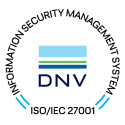Case Study
Starbucks Supply Chain Analysis
Ethical sourcing certification software for coffee, cocoa, and manufactured goods supply chains since 2006
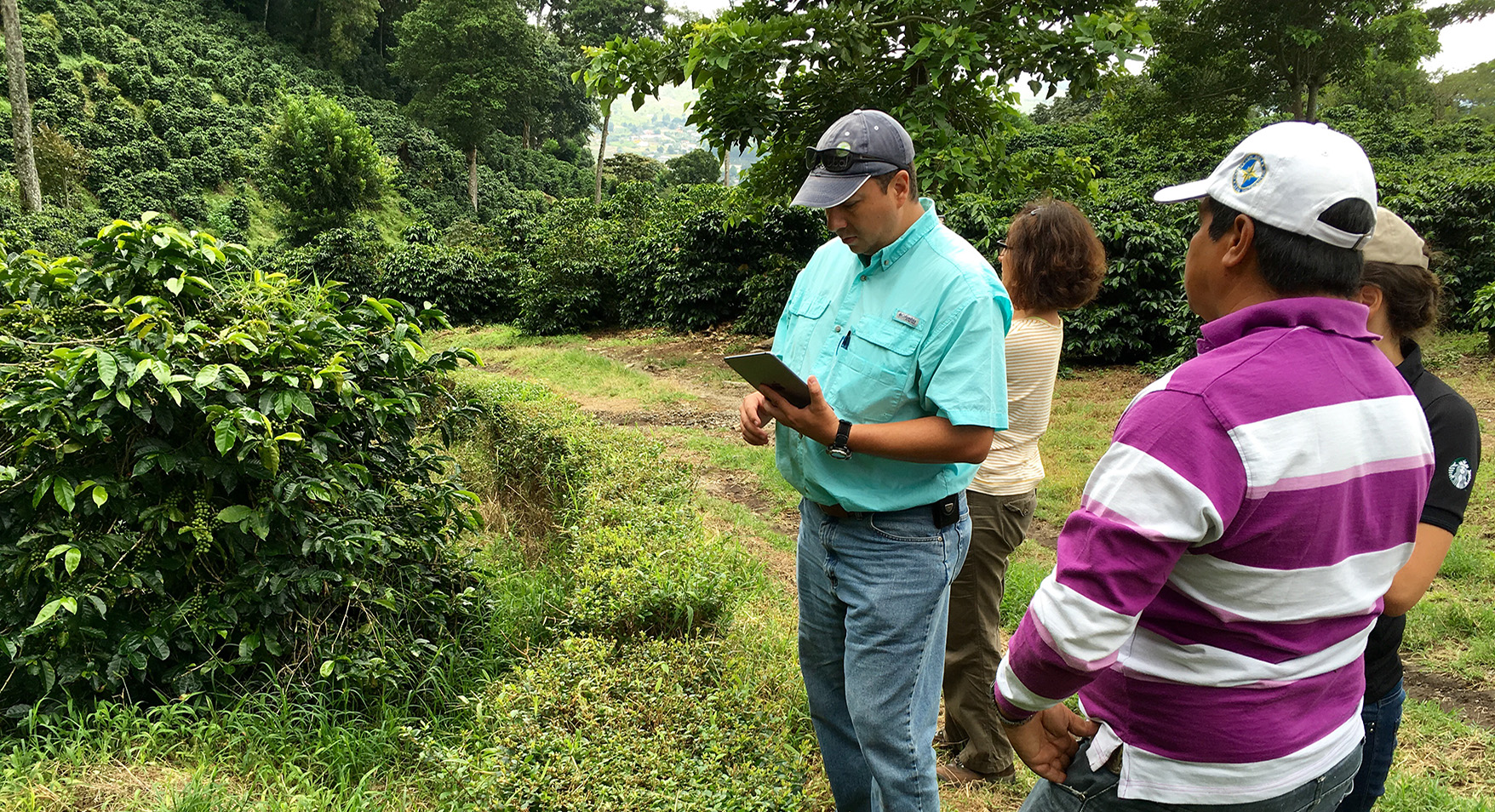
Client
Starbucks is a coffee company and coffeehouse chain with more than 23,768 locations worldwide.
Goal
Develop a system to certify every Starbucks product under their stringent environmental and worker safety standards.
Outcomes
Tablet-based applications for inspectors in the field, and web-based applications to handle farm review, approval, and correction activities that have improved the working conditions of 5 million farmers.
“We’ve got trust, honesty, and communication with Green River.”
JULIE ANDERSON
Senior Manager of Global Responsibility
Overview
Ethical verification processes have been kept almost exclusively in the domain of “social responsibility,” either through the use of certification (like Fair Trade), or confined within corporate responsibility departments. While it’s been vigorously debated (and often despite evidence to the contrary), corporate profits are still perceived to be at odds with environmental/social protection.
What Starbucks has produced, using the technology Green River provided, is a research tool like no other on the planet using data at a scale that can provide truly global findings. A platform that provides a tool for third party verification organizations to enter data enabling users to understand the complex supply chains and explore topics like whether women-owned coffee farms have better or worse uptake of sustainable practices and yields, or the precise location of annual insect infestation patterns and whether they may be correlated with specific on-farm practices.
Code that was written quietly on a couch in New England now provides tools for local inspectors on a steamy mountain along the equator to access the global force of verification, and our software becomes an essential mechanism to increasing a farm worker’s pay, ensuring safe equipment at a mill, or providing critical training, personal protective equipment and housing for laborers.
Challenge
Starbucks created Coffee and Farmer Equity (C.A.F.E.) Practices to “evaluate, recognize, and reward producers of high-quality sustainably grown coffee.” When Starbucks first approached Green River, their fledgling program was run like almost all new small operations are run, via email and excel spreadsheets.
And yet, they had a very lofty goal of verifying everything they sell to meet their stringent environmental and worker hiring and safety standards.
With several hundred direct users of the system, managing millions of data points through hundreds of workflows, the project demands user interface efficiency and clarity. The verification standards are extensive, and each recorded point (from farm through mills to distribution), its history, and its triggered actions, must be clearly findable and editable (all with detailed audit logs).
Unlike other certification programs, C.AF.E. Practices is designed as a continuous improvement program. If a coffee farm or supply chain entity fails or underperforms during an evaluation, the program is set up to redress their shortcomings and give them resources and opportunities to improve.
This way, instead of refusing to buy from certain producers and leaving the situation no better, Starbucks can simultaneously ensure they purchase the best coffee while incentivizing and supporting all producers in their evolution.
Process
Over the ten years that we’ve been working with Starbucks, the platform has evolved and expanded with the regular addition of new user constituencies. Every year, we embark together on a new improvement to the C.A.F.E. Verifier Reporting Systems. Today it functions at the core of their program operations.
We’ve made inspector interfaces more elegant, improved bandwidth to deal with dropped connections in remote regions and much, much, more. With the support of sensitively calibrated technology, the consumer demand for sustainably grown, responsibly produced, and carefully sourced coffee that meets the highest standards of taste now guides grower practices.
Simultaneously, the data collected and collated by our system provides crucial insights upon which Starbucks can base their future strategies. For an example, see the past and present Starbucks Global Responsibility Reports. Running for upwards of ten years, the C.A.F.E. Practices data store is now so large and so international as to be useful at an industry level. To see how Conservation International evaluated Starbucks supply chain performance by using the data collected through the C.A.F.E. Practices verification reporting system from 2008-2012, see their publications on supply chain performance.
Currently, 99% of all coffee served at Starbucks locations has gone through the C.A.F.E. Practices system that we helped create. We’ll sip to that!
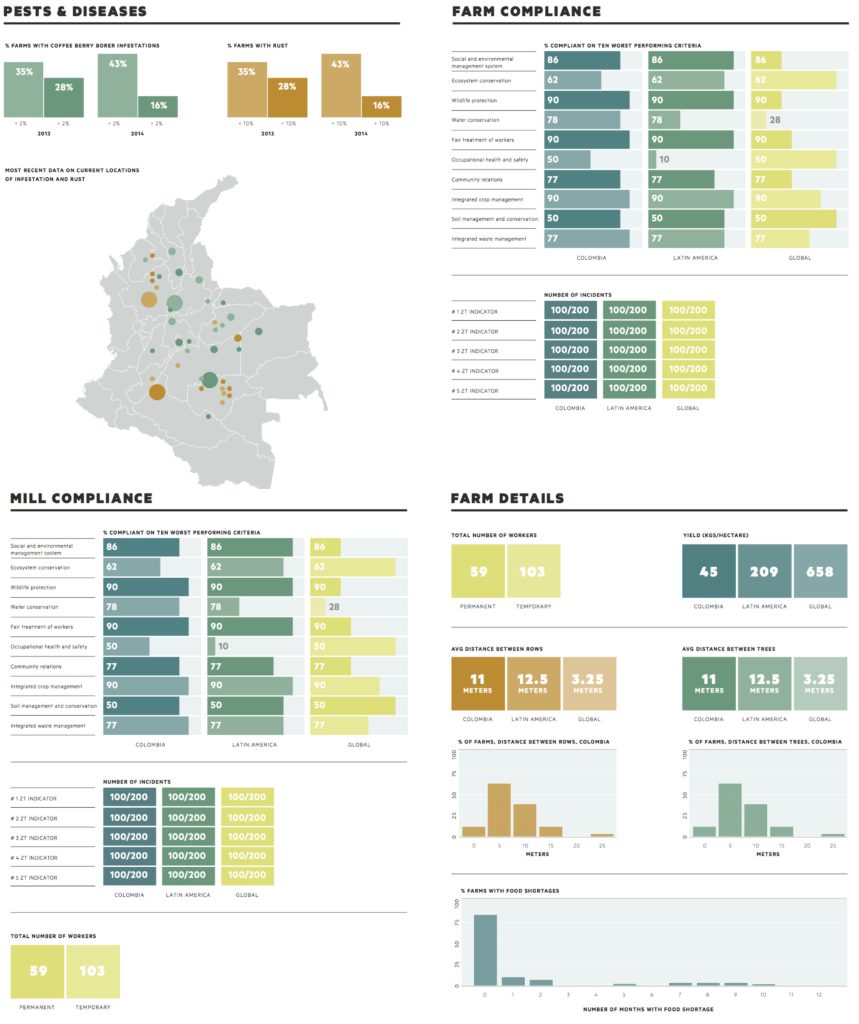
Solution
After a decade of continuous development, the resultant codebase is a premier global supply chain verification and assurance system. Beyond coffee, Starbucks is now verifying the cocoa and manufactured goods it buys—travel cups, green aprons, and store furniture—each of which has unique supply chain mechanisms. What started out as a data management tool is now a global analysis platform.
All sorts of data – environmental conservation or degradation, patterns of human economic success or opportunities, and patterns of product yield or outbreaks of “rust” fungus – has become easy to extract for analysis
And with that power, the interests of coffee buyers, concerned with price, quality, and quantity, and the interests of organizations concerned with long-term human and environmental welfare can converge in one shared data system.
Thanks to C.A.F.E. Practices and the vision behind it, Starbucks is considered a leader in ethical sourcing . Instead of practicing remedial corporate social responsibility, they have taken the apparent environmental limitations and human rights requirements around their biggest commodities and turned them into pillars of sustaining economic success.
Environmental welfare and long-term human prosperity now converge in one data system.
Green River
Case Studies



SOHA
Collecting and analyzing public housing and rental assistance data for the Commonwealth of Massachusetts.
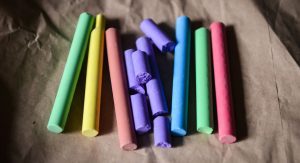


Education Resource Strategies (ERS)
Improving urban school systems through the innovative orchestration of resources
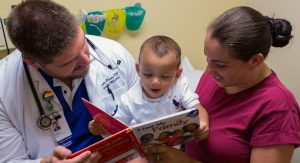


Reach Out and Read
Advocating for childhood literacy
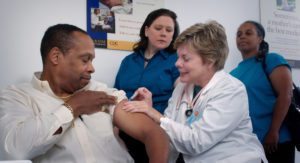


State of Delaware – My Healthy Community
Empowering residents and medical professionals with comprehensive, up-to-date, and actionable public health and COVID-19 data
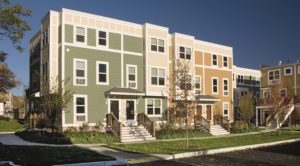


Housing Navigator Massachusetts, Inc.
Simplifying the search for income restricted rental units in Massachusetts
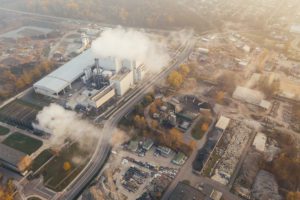


Global Real Estate Sustainability Benchmarks (GRESB)
Transforming the real estate investment market in favor of sustainable performance
